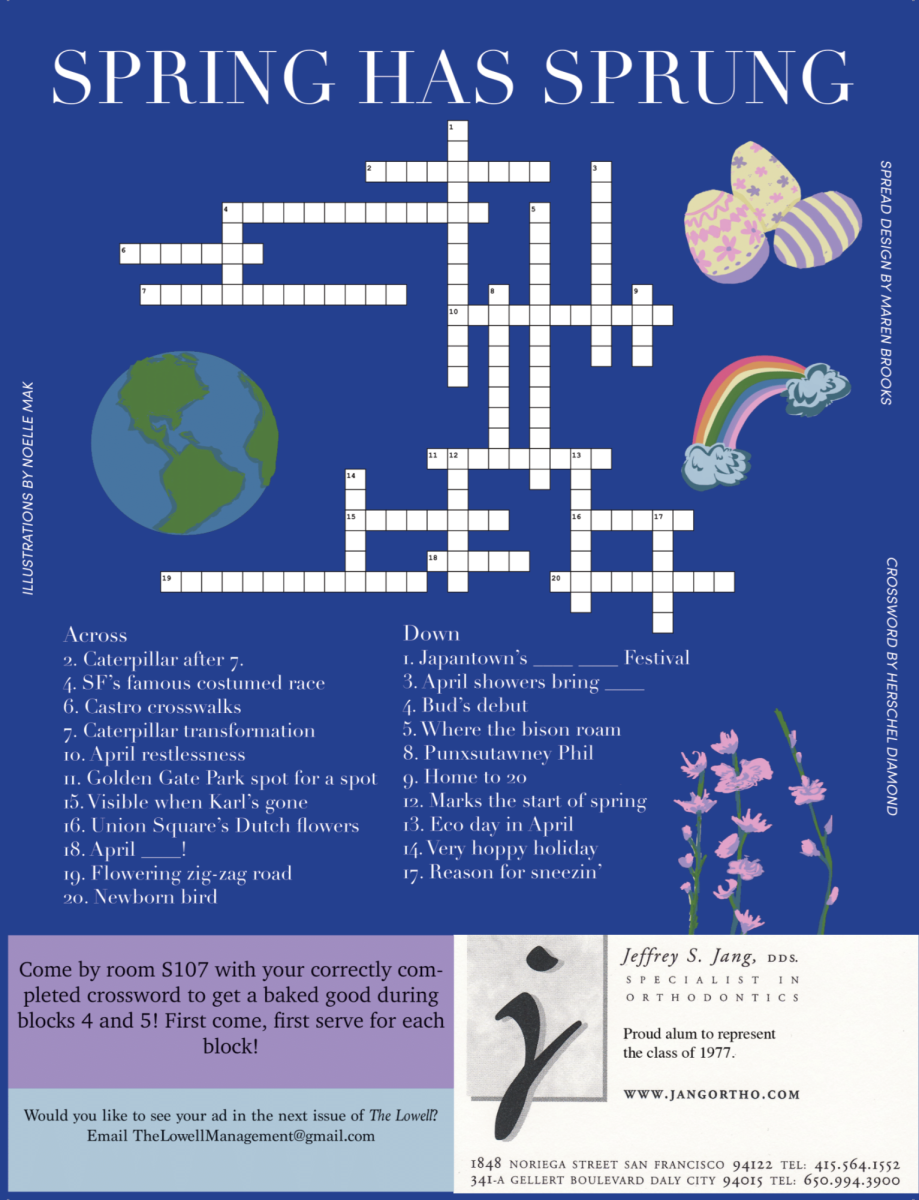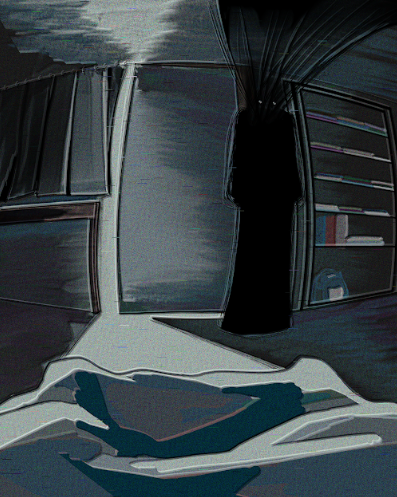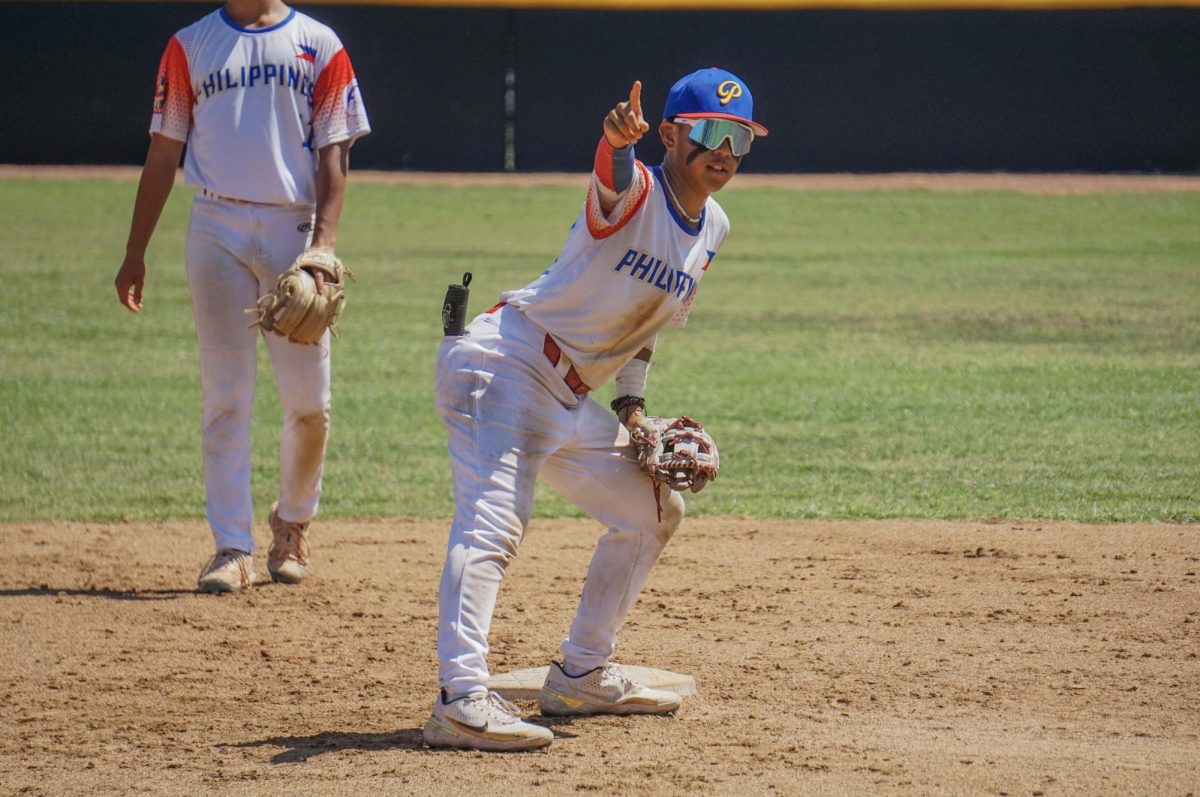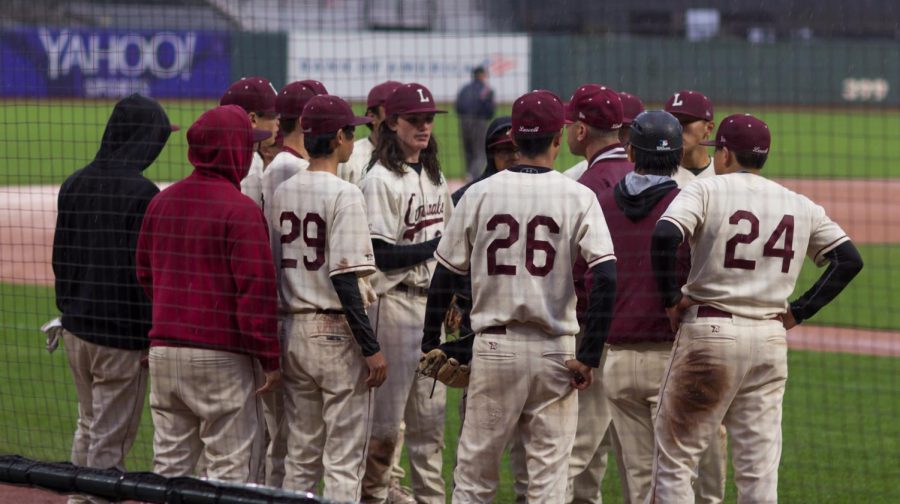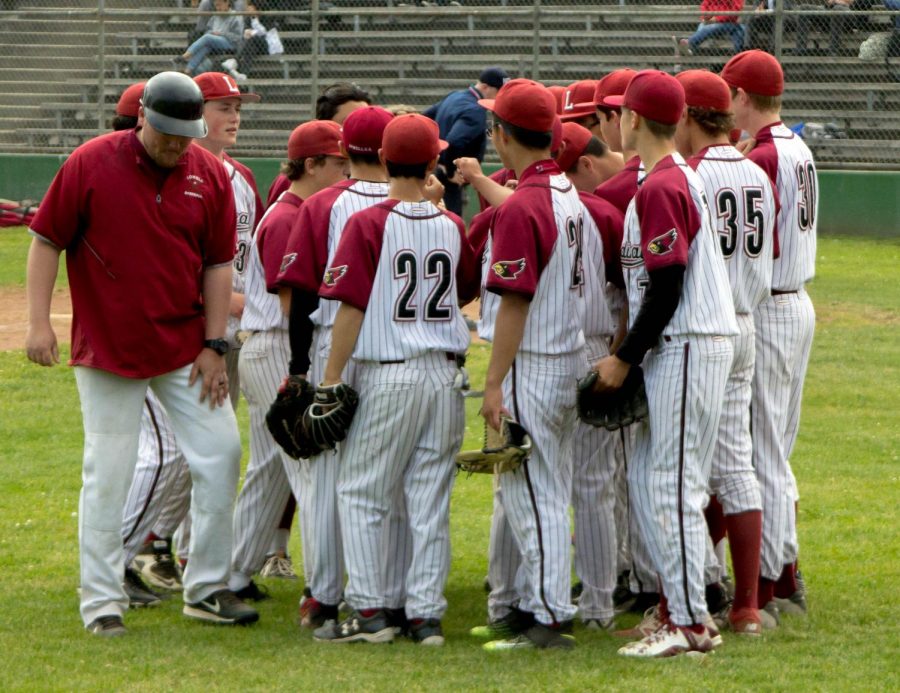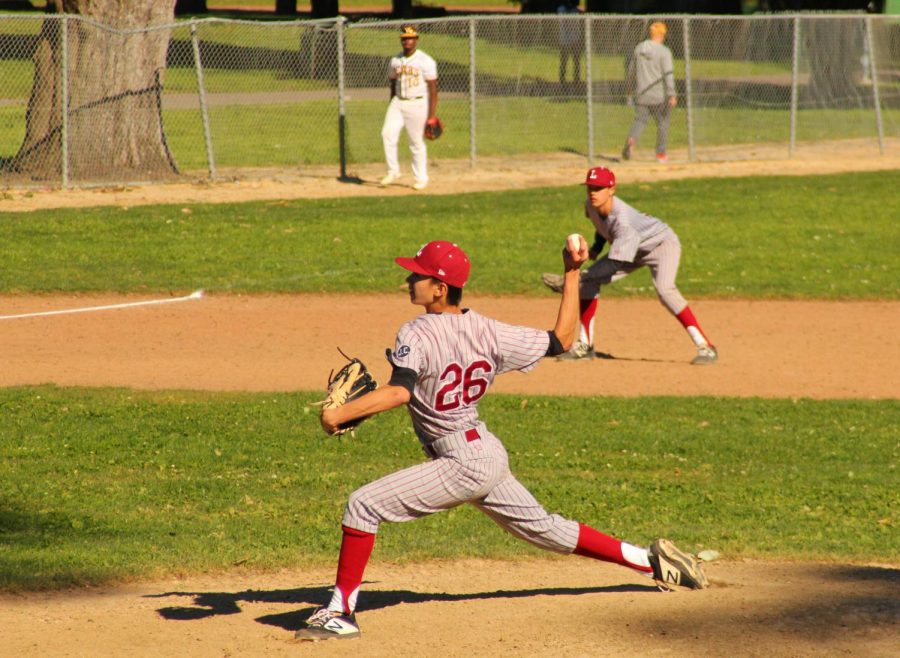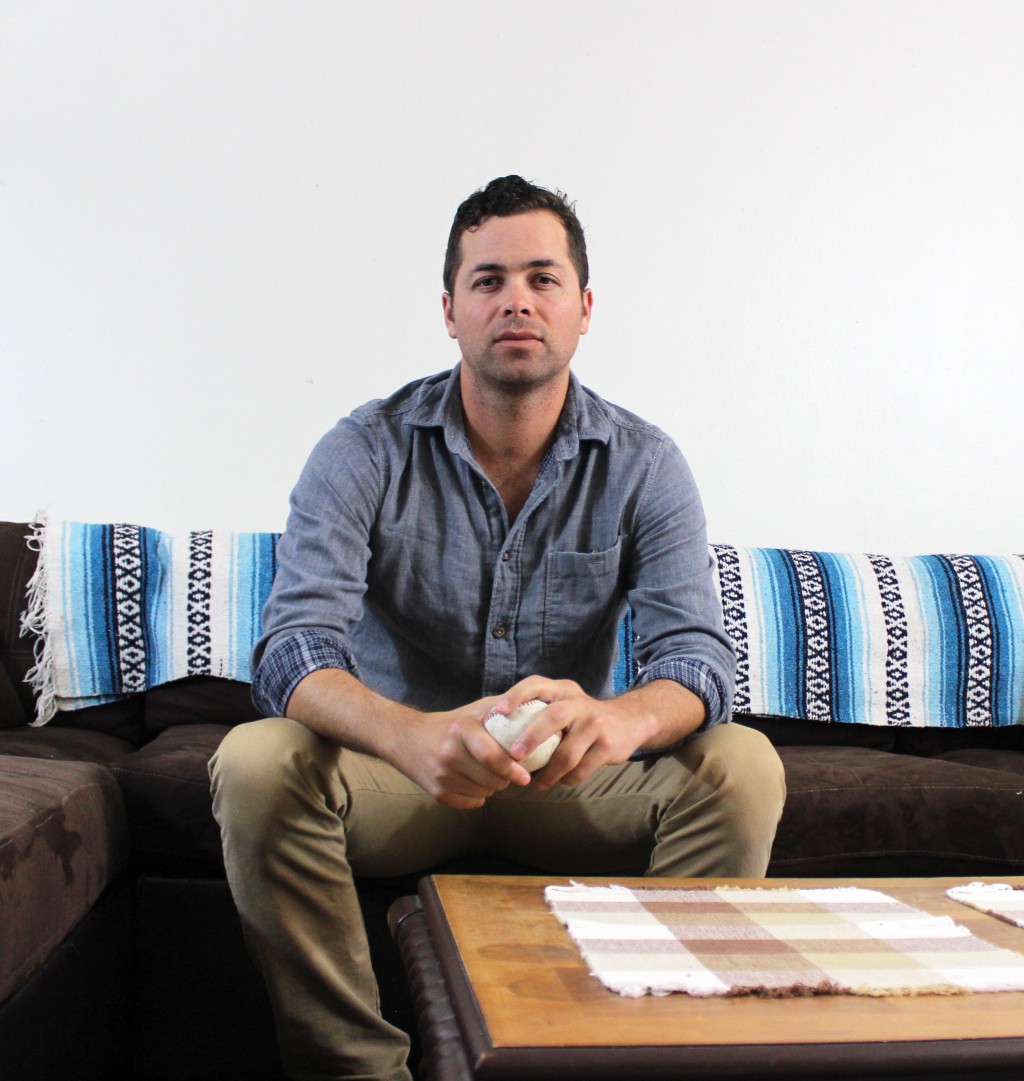
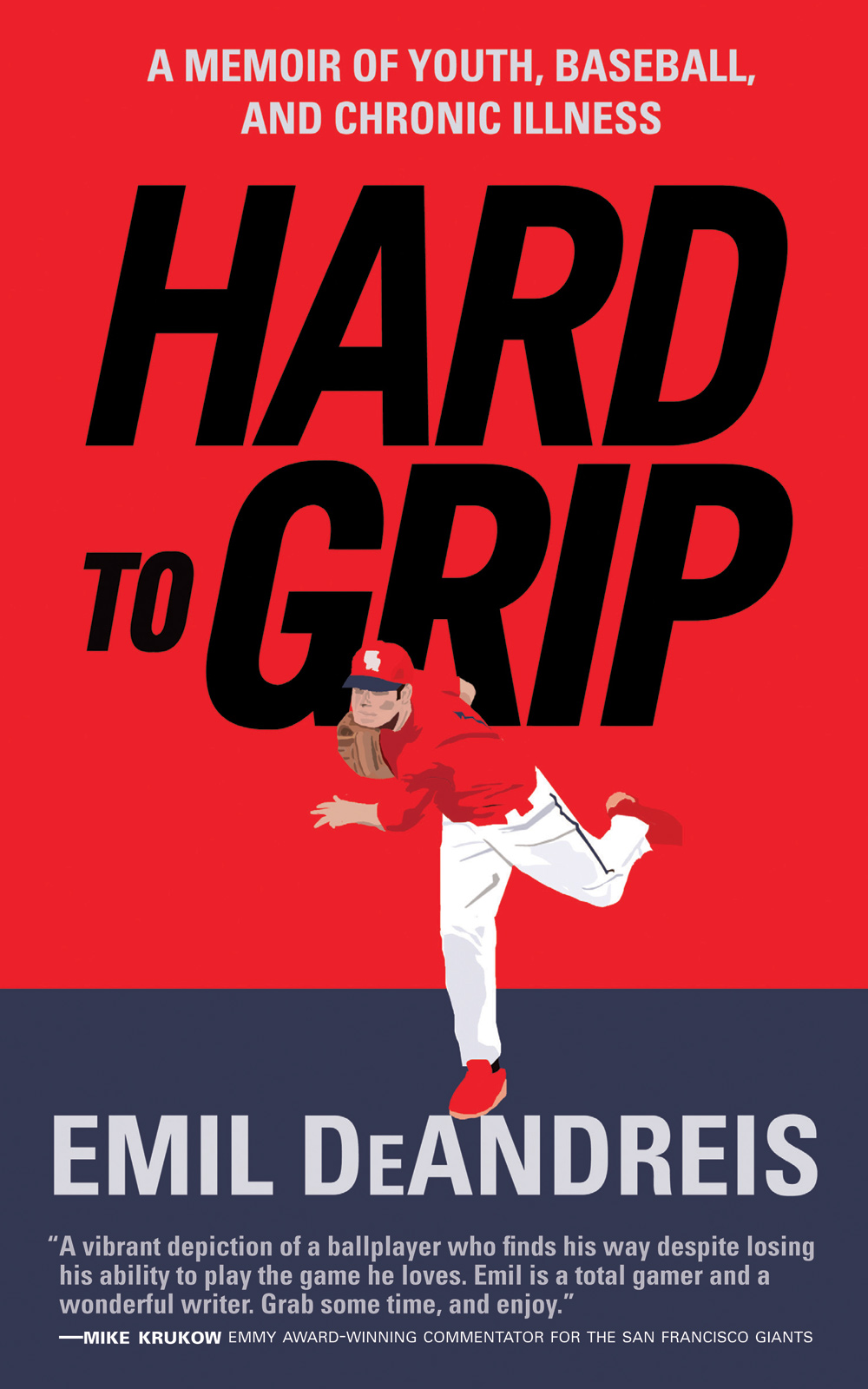
“It was such an abrupt change in my life; it was like being shell-shocked.”
Growing up in San Francisco, Emil DeAndreis, Class of ‘04, spent most of his life playing baseball. He pitched for Lowell at the city championships at AT&T Park in 2004 and won MVP — twice. He later pitched for the University of Hawaii and signed a contract to play for a team in Belgium.
He spent his days lifting weights and throwing curveballs. But then, life threw him a curveball. At age 23, he was diagnosed with rheumatoid arthritis, which is when the joints in the body begin to swell and become weak. The disease ended up changing his relationship with baseball as he began to view the game through the lense of a fan rather than a player.
DeAndreis, who is now Lowell’s baseball coach, English substitute teacher, and a teacher at the College of San Mateo, looks back on the struggles of being a baseball player living with rheumatoid arthritis in his memoir Hard to Grip: A Memoir of Love, Baseball, and Rheumatoid Arthritis, released by Schaffner Press in April.
He spent his days lifting weights and throwing curveballs. But then, life threw him a curveball.
Hard to Grip describes how DeAndreis’s relationship with baseball changed with the shock of being diagnosed with rheumatoid arthritis, a disease which statistically targets old women. “I was a 23 year-old man in the best shape of his life so there was an irony there and I went through a few months of denial,” DeAndreis said. As he saw his other teammates and rivals go on with their careers, DeAndreis took months to come to terms with the situation.

DeAndreis writes about his baseball career in comparison to his former classmate, Charlie Cutler, Class of ’04, a catcher who had caught many fastballs. As DeAndreis’s career comes to a halt, Cutler keeps playing, eventually playing in the minor league for the St. Louis Cardinals, Chicago Cubs, Pittsburgh Pirates and the Los Angeles Angels.
In the book, DeAndreis and his friend drive across the country to Florida. As they’re driving, they find out that Cutler had been promoted to play for the Palm Beach Cardinals baseball team there. “I was trying to avoid baseball and it turns out we were driving right into baseball,” DeAndreis said. It was in Florida, watching from the stands as Cutler played, that DeAndreis finally accepted the fact that he would never be able to play baseball again.
“I was trying to avoid baseball and it turns out we were driving right into baseball.”
DeAndreis also talks briefly about his coaching career. In 2009, John Donahue, who had coached for 33 years and helped Lowell take home many championships, offered DeAndreis a job before retiring in 2015. DeAndreis’ first years as a coach were difficult. “I wasn’t into it and I kind of resented it because [the students] were able to play and it seemed like they didn’t appreciate the game because they were kids,” DeAndreis said.
In Hard to Grip, however, DeAndreis recalls a player on the team that he coached who felt very passionately about the game. The student one day had texted DeAndreis saying how much baseball meant to him and how the sport was the only thing that mattered to him. This experience helped make coaching baseball something that he now looks forward to and treasures.
His time with the team has been exceptionally successful. Last year, the Cardinals won the championship against Balboa, extending the team’s streak to four years.
DeAndreis’s passion for writing emerged while playing college baseball at the University of Hawaii. A professor had told DeAndreis that he liked his writing and encouraged DeAndreis to take more English courses. Writing became an outlet for him. “When baseball got taken from me, the only physical thing I could do was write,” he said. “I wrote a lot of fiction at the time and writing was a great occupier of my mind.”
Although DeAndreis’s book does cover a dark time in his life, the writing process was not painful, helping him come to terms with his past. “My intentions when writing it were to be funny and kind of make fun of myself,” DeAndreis said. “There’s a lot of self-deprecation.”
Now, DeAndreis has learned to accept living with rheumatoid arthritis. “I would say it’s a different way of living my life now,” he said.





